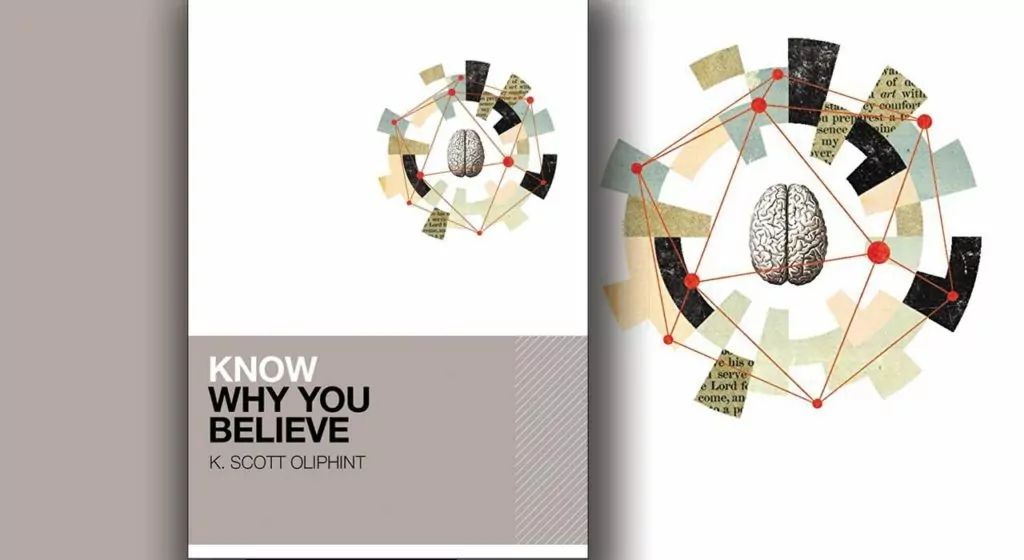I was once labeled a heretic. In fact, I’m sure it’s happened more than once. And no, it wasn’t Roman Catholics or Muslims saying this – although they would/should certainly classify me as such. This was other Reformed believers. The occasion was a blog post where I shared Richard Sibbes’ answer to the question of whether saints in heaven are aware of our trials and miseries (he said they aren’t). Some didn’t agree with that and I was therefore labeled a “heretic.”
There are at least two related issues involved here.
First, there’s a popular notion amongst some Reformed believers that every theological error is a heresy. This notion equates error with heresy, as if they are complete synonyms.
Second, there’s another notion (found with some) that treats all theological errors as if they were of the same weight. Every theological error then becomes a matter of heaven or hell. In such thinking, to administer the Lord’s Supper differently is virtually in the same category as denying the Trinity. It might not ever be said that crassly, but when you look at what’s said and done, it often seems to come down to that.
Heresies put salvation in jeopardy
To really understand what’s involved here we need to turn to church history. Today’s misuse of the terms “heresy” and “heretic” are often caused by a lack of understanding of how these terms have been used historically.
In the centuries after the apostles, debates raged about certain doctrinal points. In these debates, certain teachings were ultimately considered to be heretical. By “heretical,” the Church understood that holding to such doctrines put one’s salvation in jeopardy. In fact, there were certain teachings where, if one held them consistently and unrepentantly to death, one would not be saved. The word “heresy” was reserved for these teachings that struck at the heart of the Christian faith, attacking fundamental doctrines.
One of the most obvious examples is the doctrine of the Trinity. Denying the doctrine of the Trinity (in various ways) is regarded as heretical. The Athanasian Creed lays out the orthodox doctrine of the Trinity and then says in article 28, “So he who desires to be saved should think thus of the Trinity.” If in any way you deny that God is three persons in one being, you’re a heretic.
Another example has to do with Christ and his two natures. Says the Athanasian Creed:
“It is necessary, however, to eternal salvation that he should also believe in the incarnation of our Lord Jesus Christ. Now the right faith is that we should confess and believe that our Lord Jesus Christ, the Son of God, is equally both God and man.”
If you deny that Christ is both true God and true man, you’re a heretic. When we say that, it should be clear that we’re making a statement about the seriousness of this error, namely that this is an error for which someone can be damned. A heresy is a deadly error. The biblical basis of making such strong statements is found in places like 1 John 2:22-23:
“Who is the liar but he who denies that Jesus is the Christ? This is the antichrist, he who denies the Father and the Son. No one who denies the Son has the Father. Whoever confesses the Son has the Father also.”
Another classic example of a heresy is Pelagianism. Pelagius and his followers denied original sin and taught a synergistic view of salvation: since humans are not dead in sin, they can cooperate with God in salvation. The Council of Carthage in 417-418 condemned Pelagianism as a heresy and declared that those who held to it were anathema – “anathema” means “eternally condemned and outside of salvation.” The Council could confidently assert that because of what Scripture itself says in passages like Galatians 1:8:
“But even if we or an angel from heaven should preach to you a gospel contrary to the one we preached to you, let me him be accursed.”
In Greek, Paul used the word anathema. The Church has always regarded Pelagianism as another gospel, and therefore an accursed heresy.
Reformed confessions use heresy with restraint
Our Reformed confessions are rather careful in what they label as heresy. Canons of Dort 3/4 article 10 reaffirms that Pelagianism is a heresy. Belgic Confession article 9 mentions several “false Christians and heretics”: Marcion, Mani, Praxeas, Sabellius, Paul of Samosata, and Arius. These were in deadly error with regard to the Trinity. Certain Anabaptists are also described as holding to heresy in Belgic Confession article 18. Though they’re not mentioned by name, the Confession is referring to Menno Simons and Melchior Hoffmann. They taught that Christ doesn’t have a real human nature from Mary but that, in his incarnation, he took his human nature from heaven. This is a heresy because it runs into serious trouble with the two natures of Christ, and specifically whether his human nature is a true human nature.
2 serious errors that aren’t heresy
Let me now mention two prevalent errors that aren’t heresies. Theistic evolution isn’t a heresy. It’s a serious error which may lead to heresy, but as such, it’s not a heresy. I’ve never referred to it as such and I’ve cautioned others against describing it as such.
Women in ecclesiastical office is a serious error conflicting with Scripture. It emerges from a way of interpreting the Scriptures which could lead to far more serious doctrinal trouble. However, you shouldn’t say it’s a heresy. That wouldn’t fit with the way this term has been understood and used in church history and in our confessions.
Too loaded a term for smaller disputes
Not every theological error is a heresy. Certainly, someone’s disagreement with you on a particular doctrinal point doesn’t allow you to loosely throw the term “heretic” around. The words “heresy, heretic, heretical” should be reserved for only the most serious doctrinal errors, the ones where the Church clearly confesses from the Scriptures that these views are salvation-jeopardizing. By that, we also recognize that not all errors are of the same seriousness. We definitely want to strive for doctrinal precision and accuracy, but we also have to realize that not all points of doctrine carry the same weight and therefore we can, even in confessional Reformed churches, have some room for disagreement.
If that’s true with regard to doctrine, it’s even truer with respect to practice. True Christians eager to follow what the Bible teaches reach different conclusions on such things as vaccinations or the lockdowns of the last year. When you see a fellow believer with different convictions about living as a Christian, be careful before you bombastically toss around that label, “Heretic!” It’s a loaded term never to be used glibly.













